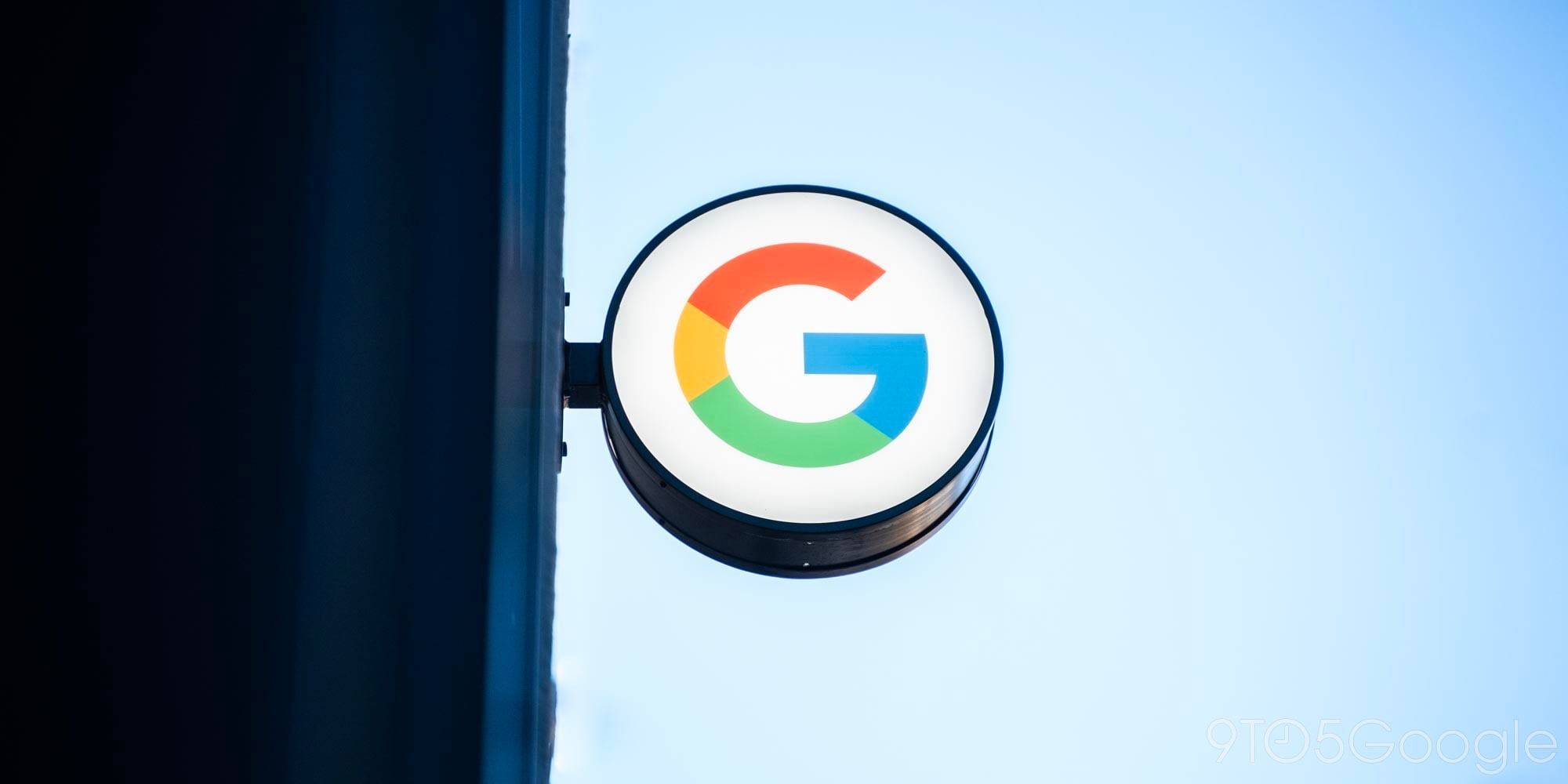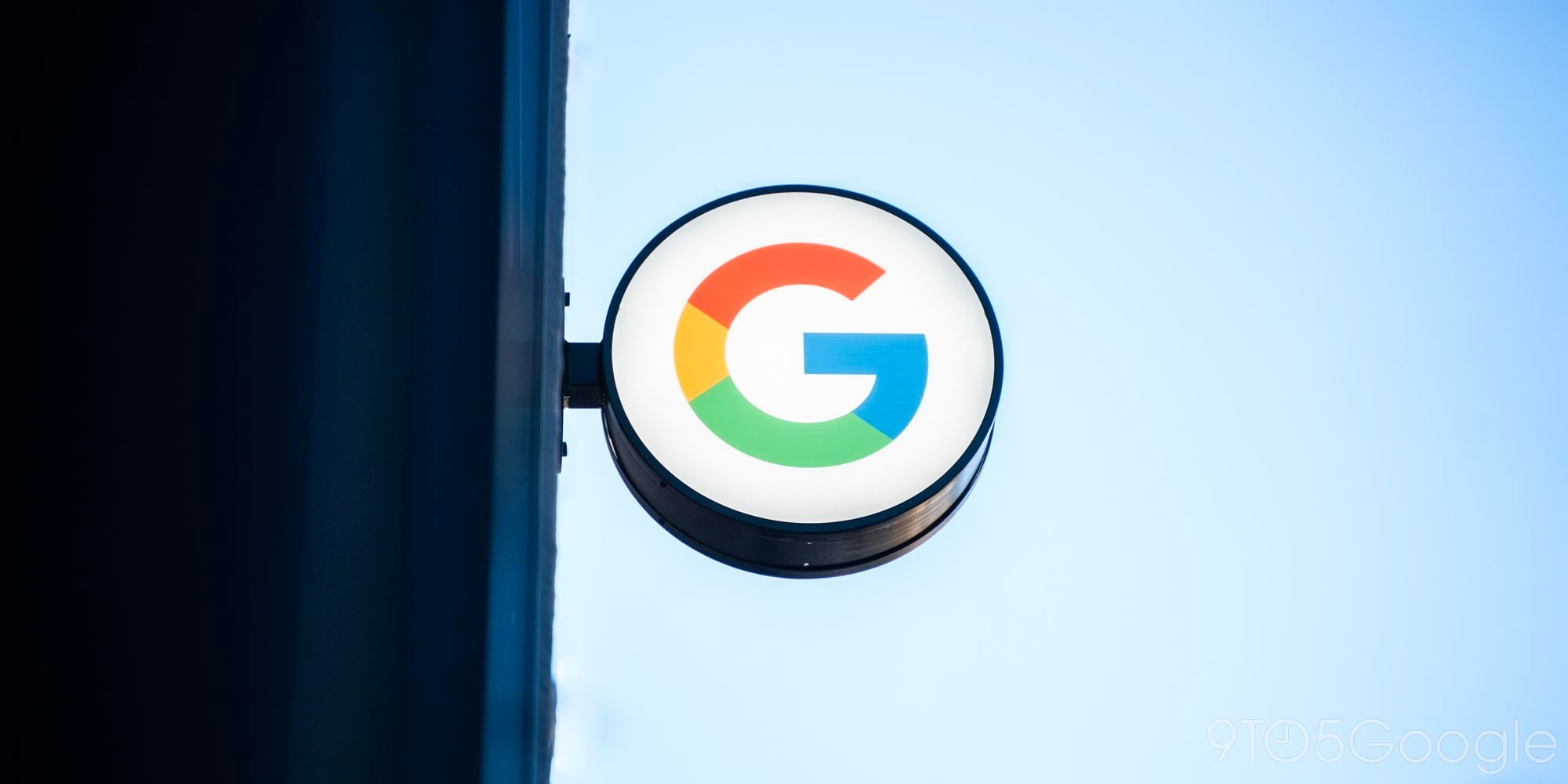Google AI


From Call Screen on the Pixel 3 to Gmail Smart Reply, machine learning is already being used in everyday Google products. The company has also been encouraging adoption with various courses and start-up programs. With the Google AI Impact Challenge today, Google is committing resources and $25 million to address societal challenges.

Earlier this week, Google announced that it was piloting a machine learning intensive for college students. Today, its broader Machine Learning Crash Course is adding a new training module on fairness when building AI.

One of the most impressive camera tricks that Google introduced with the Pixel 3 last week is Super Res Zoom. The Google AI team behind the feature detailed the technical aspects today, and how Google wants to challenge the idea that digital zoom is “the ‘ugly duckling’ of mobile device cameras.”

As we noted last night, the Google Pixel 3 and Pixel 3 XL deliver delightful hardware that is noticeably more refined than last year. Beyond the physical devices, a key part of Made by Google is the “AI + software” experience, with the Pixel 3 debuting a handful of new Google AI-powered features at launch.

Google is leveraging machine learning throughout all of its products from bilingual support in Assistant to productivity optimizations in Drive, and even to cool data centers. The company is now tapping AI to improve flood forecasting as part of Google Public Alerts.

At I/O 2018, Google AI was announced as a company-wide initiative that encompasses Google Research. Following that AI first approach, Google has been opening research centers around the world. The latest in France is now open, amid further expansion into the country.

Google announced bilingual support for Assistant back in February, and at IFA 2018 it’s beginning to roll out the functionality in six languages. Users can speak to Assistant in two default languages with phones and smart speakers able to understand and reply back in either.

In Android 9 Pie, Alphabet’s DeepMind division is responsible for machine learning features like Adaptive Battery and Brightness. One of the first collaborations between the two companies was an AI system tasked with increasing energy efficiency at Google’s data centers. Two years later, an AI has been granted direct control over cooling these servers.

As Google moves to an AI First world, all of its products are being infused with machine learning smarts. Nowhere is that more apparent in G Suite as Google tries to differentiate its Cloud offerings. Google Drive is working on a new “Priority” view that features a Feed, as well as user-curated Workspaces.

Starting with the Machine Learning Crash Course in February, Google has released a number of tools and resources for developers to learn and integrate artificial intelligence. Seedbank is the latest and a home to interactive ML examples that run in the web and can be quickly edited.

Google unveiled a big revamp for all its advertising products last month that simplified branding and introduced new features. Numerous services will be consolidated and better integrated with one another. Today, at Google Marketing Live, the company is better detailing these changes that leverage machine learning.

Google this year published a series of internal AI training resources originally developed for its engineers. Since then, the Machine Learning Crash Course has been updated with an image classification practicum. This July, Google is bringing the program to India via in-person sessions.

Google has been doing a lot to help out job seekers in the past year with easier tools for employees and employers alike. Today, Google Hire is being upgraded with some handy new tools made possible by AI.

Google has repeatedly emphasized that technology and now artificial intelligence is a great democratizing force and has worked to make it widely available. The company has similarly increased its presence in Africa with optimized products, grants, and by supporting developers. The two efforts are combining with the latest Google AI Center opening in Accra, Ghana.

When Google Translate began using Neural Machine Translation in late 2016, the service improved “more in a single leap” than in the last ten years combined. That technology now works completely offline in 59 languages and is rolling out this month to Android and iOS.

Following the revelation that Google was working with the US military on recognizing drone footage, the company promised that it would develop guidelines to govern AI usage. Today, Sundar Pichai announced these principles and clarified what kind of research and work the company will and won’t undertake in the future.

For the past several weeks, Google has been embroiled in a scandal over a Department of Defense contract. Today, Google Cloud head Diane Greene acquiesced to internal pressure and announced that the company will not seek another contract to analyze drone footage.

For the past several months, Google fiercely debated the military applications of artificial intelligence, with many employees opposed to their work being used in weaponry and war settings. This stance would essentially see Google forgo a huge market to Amazon and Microsoft, where employees do not have similar qualms.
A new report today provides some insight on principles that will guide future work, while several positions from within the company have also been highlighted.

To wide fanfare, Google in February published its internal Machine Learning Crash Course program originally designed as a resource for its employees to learn about AI. Learn with Google AI is now adding a new practicum focussed on image classification.

In the days since I/O 2018, critique has primarily been lobbied against Google Duplex. There are problems with the feature, but to me — at least — it’s clear that the company thought about some of the societal impacts associated with a nearly indistinguishable human voice out in the world.
However, I think another feature Google announced deserves a similar level of criticism due to its broad impact. Enter John Legend.

Since news emerged in March that Google was working with the U.S. military to use machine learning to analyze drone footage, some employees have been debating and protesting the decision. Many Googlers have expressed discontent through a petition, while others are now beginning to quit over the matter.

Last week, Google announced and began rolling out Smart Compose at I/O 2018, as well as native offline support for the new Gmail. Today, AI-powered response suggestions called “Nudges” are beginning to launch in the redesigned web client.

Unlike other Made by Google products, Google Clips did not get a presence at I/O 2018 despite it being an obvious example of AI. To make up for this, the smart camera is adding the ability recognize hugs, kisses, dance moves, and more, as well as multi-device pairing.

Alongside other machine learning products and developments at last year’s I/O, Sundar Pichai announced Google.ai to bring together the company’s artificial intelligence efforts. On the eve of 2018’s keynote, Google is launching a more encompassing company-wide initiative called “Google AI.”